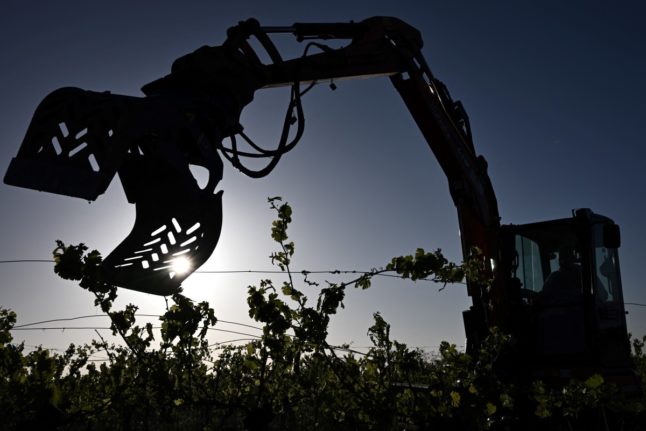Parts of President Joe Biden’s Inflation Reduction Act, which will pump $370 billion into green energy, “from our point of view impact the level playing field between the US and European actors,” Foreign Minister Catherine Colonna said at the Centre for Strategic and International Studies in Washington.
Her remarks echo German and French economic ministers who this week at a meeting in Berlin called for a strong response from the European Union against state support for US green businesses.
But asked if the tensions could fuel another trade rift along the lines of the long Boeing vs. Airbus showdown, Colonna said, “We are certainly not looking for any war.”
She acknowledged that the European Union had also long sought bolder action by the United States on climate change and welcomed the historic decision to take action.
“We will not complain that you are doing that speed-up that was needed,” she said. But she called for discussion on whether the US investment would affect “the economic alignment of our two entities that is absolutely needed, I think, for our common prosperity down the road, especially in the current context of the war in Ukraine.”
Colonna said that France valued a strong relationship with the United States. Tensions have eased since earlier in the Biden administration when France was furious that Australia dropped a major French submarine deal to buy US-made nuclear models.
“France will be a troublesome ally as it always speaks its mind,” she said. “But it is an ally that is able and willing, with a full-spectrum, combat-proven military and a strategic culture which has always led us to
shoulder our responsibilities.”



 Please whitelist us to continue reading.
Please whitelist us to continue reading.
Simple solution: scale European nations government support for green energies to match that of the US…it is long overdue anyway.